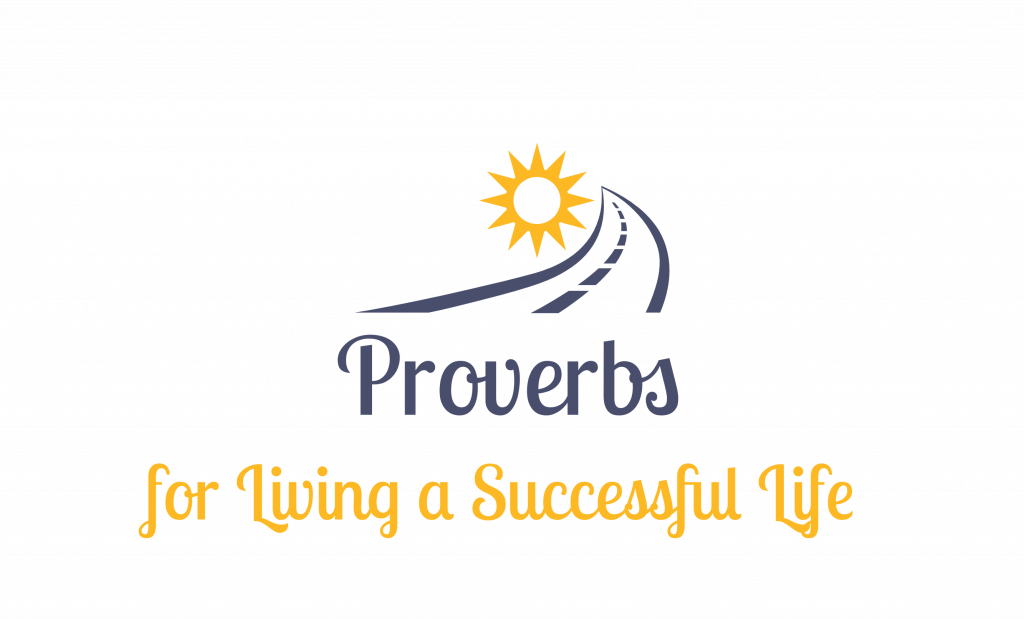 I think it is accurate to state that most of us would say that we live our lives according to an ethical standard. That standard includes such moral virtues as honesty, respect, fairness, etc. Yet, the Ethical conduct of our life is constantly under pressure to bend to the needs of Exigency and Expediency. Three ‘E’ words that make all the difference in how we live and conduct our lives. It is better to live right, and to choose right in advance of exigency than to allow expediency to prevail and push you into actions opposed to your values.
I think it is accurate to state that most of us would say that we live our lives according to an ethical standard. That standard includes such moral virtues as honesty, respect, fairness, etc. Yet, the Ethical conduct of our life is constantly under pressure to bend to the needs of Exigency and Expediency. Three ‘E’ words that make all the difference in how we live and conduct our lives. It is better to live right, and to choose right in advance of exigency than to allow expediency to prevail and push you into actions opposed to your values.
For more on this check out the short video below:
